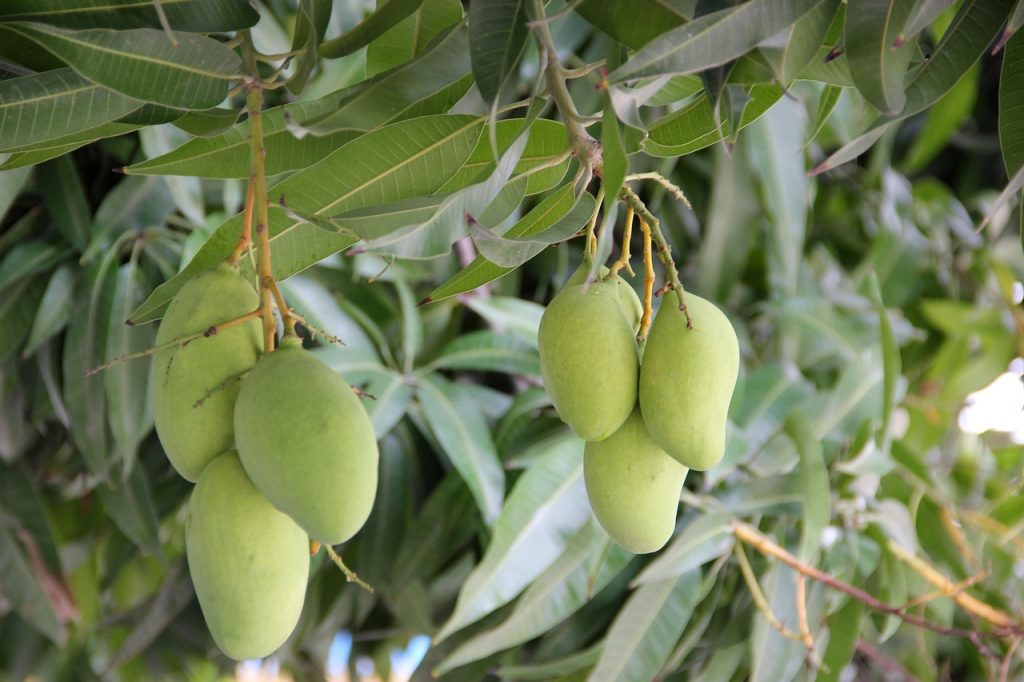The annual race to import Indian mangoes to the U.S. is as intense as it is brief, with part-time importers in New Jersey at the helm. This seasonal scramble is driven by the fervent demand of the Indian diaspora, who yearn for the sweet, unparalleled taste of Alphonso and Kesar mangoes according to The New York Times. These mangoes, revered for their creamy texture and unique flavor, are more than just fruit; they are a symbol of home and heritage.
Navigating the intricate web of regulations, these importers face numerous challenges, from securing import licenses to ensuring compliance with stringent phytosanitary standards. The logistical hurdles are compounded by the limited availability of these prized mangoes, which are only in season for a few months. Importers must act swiftly and decisively to satisfy the cravings of their eager clientele, making this endeavor both a risky and rewarding business.
The process of importing these mangoes is not for the faint-hearted. It involves a delicate balancing act of timing, negotiation, and sometimes sheer luck. The financial stakes are high, but the potential rewards of delivering a taste of nostalgia to the diaspora make the gamble worthwhile. The competition among importers is fierce, as each strives to deliver the highest quality fruit to discerning customers who are willing to pay a premium for this slice of home.
As the mango season unfolds, it raises a compelling question: How far would you go to bring a piece of home to your doorstep? This vibrant market of Indian mangoes in the U.S. highlights the lengths to which people will go to preserve cultural connections through food. In a world where globalization often homogenizes flavors, these cherished fruits stand as a testament to the power of culinary heritage and the universal longing for the tastes of home.


